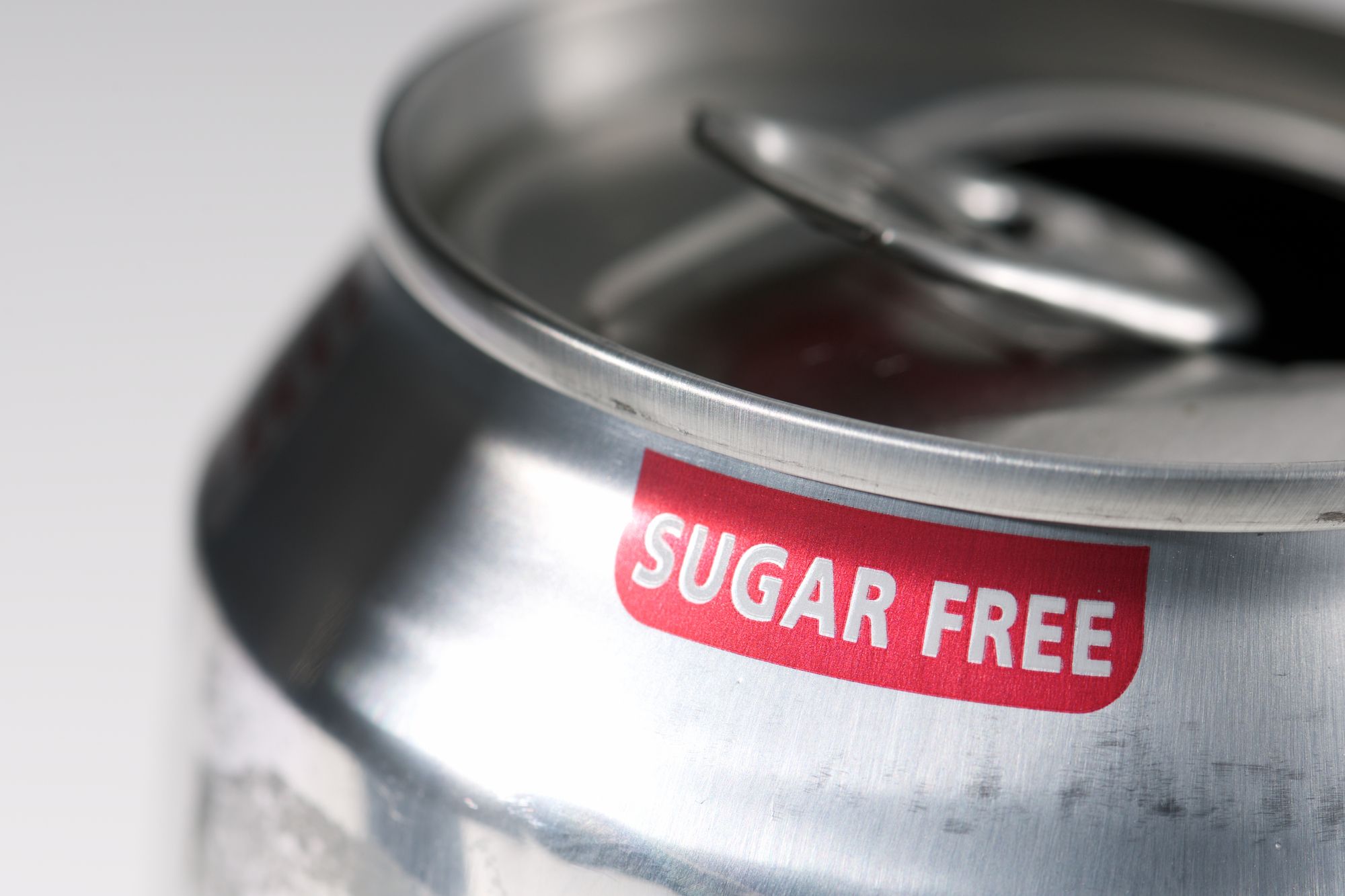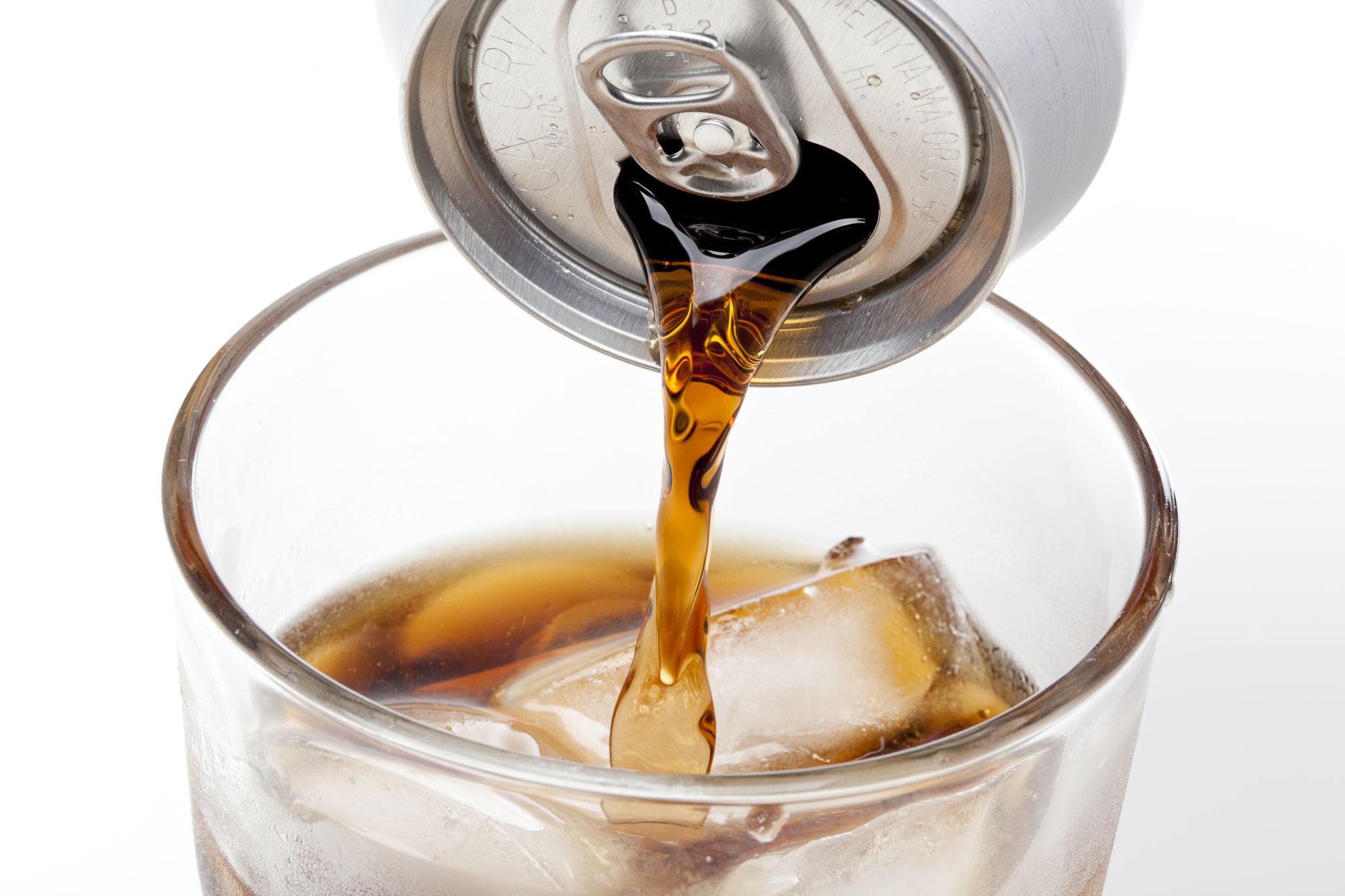The ongoing discourse within the health and nutrition sphere revolves around a complex inquiry: which wields the advantage, regular soda or diet soda? Regular soda boasts a substantial infusion of added sugars, occasionally surging to a concerning 50 to 60 grams per bottle. Scientific inquiry underscores that prolonged excessive sugar consumption can contribute to an array of health predicaments, spanning weight gain, cardiovascular ailments, and afflictions afflicting the liver, kidneys, diabetes, and even certain cancers.
In contrast, diet soda, flaunting an absence of calories and added sugars, has taken center stage. Yet, recent investigations have hinted at potential weight gain and an escalated risk of cancer intertwined with its consumption. Unraveling the intricacies of daily diet soda intake adds further complexity. A multitude of studies suggest that zero-sugar sodas could potentially facilitate weight loss, while paradoxical findings hint at a predisposition for weight gain. Furthermore, an unrelated study has tentatively associated diet soda with elevated mortality rates. However, experts approach these conclusions with caution, underscoring that the observed correlation might be influenced not solely by the beverages, but also by participants' lifestyles. Adding to the narrative is the most recent development in the diet soda realm—the World Health Organization's proclamation in July 2023 that aspartame, the primary zero-calorie sweetener utilized in Diet Coke and numerous other diet sodas, could potentially induce cancer. This disclosure has left health experts and corporations divided on the matter.
Hence, the question arises: what precisely unfolds within your body upon imbibing diet soda daily? To elucidate the answer, we consulted registered dietitians and scrutinized the latest research in the domain. Proceed reading to unearth seven potential repercussions of daily diet soda consumption.
1) You may consume a sweetener that is "possibly carcinogenic."

If you're a Diet Coke enthusiast, you're likely acquainted with its primary sweetener: aspartame. This zero-calorie additive graces not only Diet Coke but also Sprite Zero, Coke Zero, Fanta Zero, certain Crystal Light varieties, and sugar-free gums.
Aspartame's potential "cancer-causing" attributes have fueled concerns for some time. In July 2023, the debate reignited when the World Health Organization (WHO) officially tagged the sweetener as "possibly carcinogenic." However, this label, as clarified by the International Agency for Research on Cancer (IARC), one of the WHO committees responsible for the decision, doesn't immediately equate to being cancer-causing. Rather, it implies potential connections, acknowledging that research on humans is still insufficient to assert its cancer-causing qualities. Amidst these deliberations, questions persist. Irrespective of aspartame's definitive link to cancer, numerous other grounds beckon for moderation in diet soda consumption—a few of which we'll delve into below.
2) A Potential for Weight Loss

Opting for diet soda over its regular counterparts is associated with diminished body weight, body mass index, and body fat percentage, particularly among the obese, as per findings published in JAMA Network Open. Another study in the journal Obesity demonstrated that individuals who consumed 24 ounces of diet soda daily for a year sustained a weight loss of up to 16 pounds. However, the 2020-2025 Dietary Guidelines for Americans emphasize that while short-term research indicates zero and low-calorie sweeteners might aid weight loss, long-term effects remain inconclusive.
3) A Potential for Weight Gain

A systematic review and meta-analysis from 2017 linked both sugar-sweetened and artificially sweetened beverages to weight gain. Some data imply that non-nutritive sweeteners could trigger increased appetite, potentially leading to gradual weight gain. Yet, the majority of this data remains observational. Different metabolic digestion of artificial sweeteners compared to natural sugars contributes to uncertainty.
4) Altered Taste Perception

Regular soda drinkers often note a distinct taste disparity between regular and diet soda. Artificial sweeteners such as aspartame, saccharin, and sucralose might taste notably different to those accustomed to traditional soda due to their significantly sweeter potency. Over time, taste preferences could evolve due to their extreme sweetness.
5) Blood Sugar Management

Unlike sugary counterparts, diet soda consumption is unlikely to cause blood sugar spikes, making it a potentially suitable option for individuals with diabetes. In moderation, diet sodas can offer a sweet beverage choice while maintaining stable blood sugar levels.
6) Bone Health Considerations

Both diet and sugar-sweetened sodas might adversely affect bone mineral density, with dark sodas posing higher risks. Excessive phosphoric acid intake in sodas can disrupt mineral ratios and is linked to osteoporosis and fractures.
7) Caffeine and Energy

Many diet sodas include caffeine, providing an energy boost when needed. However, late-day consumption can lead to sleep disturbances due to caffeine's stimulating effects.
In conclusion, navigating the landscape of diet soda involves grappling with multifaceted debates and nuanced effects. While the link between aspartame and cancer remains uncertain, other factors related to weight, taste, blood sugar, bone health, and caffeine content warrant thoughtful consideration in your consumption choices.

